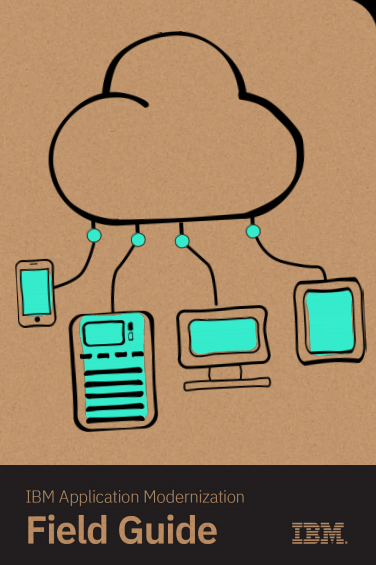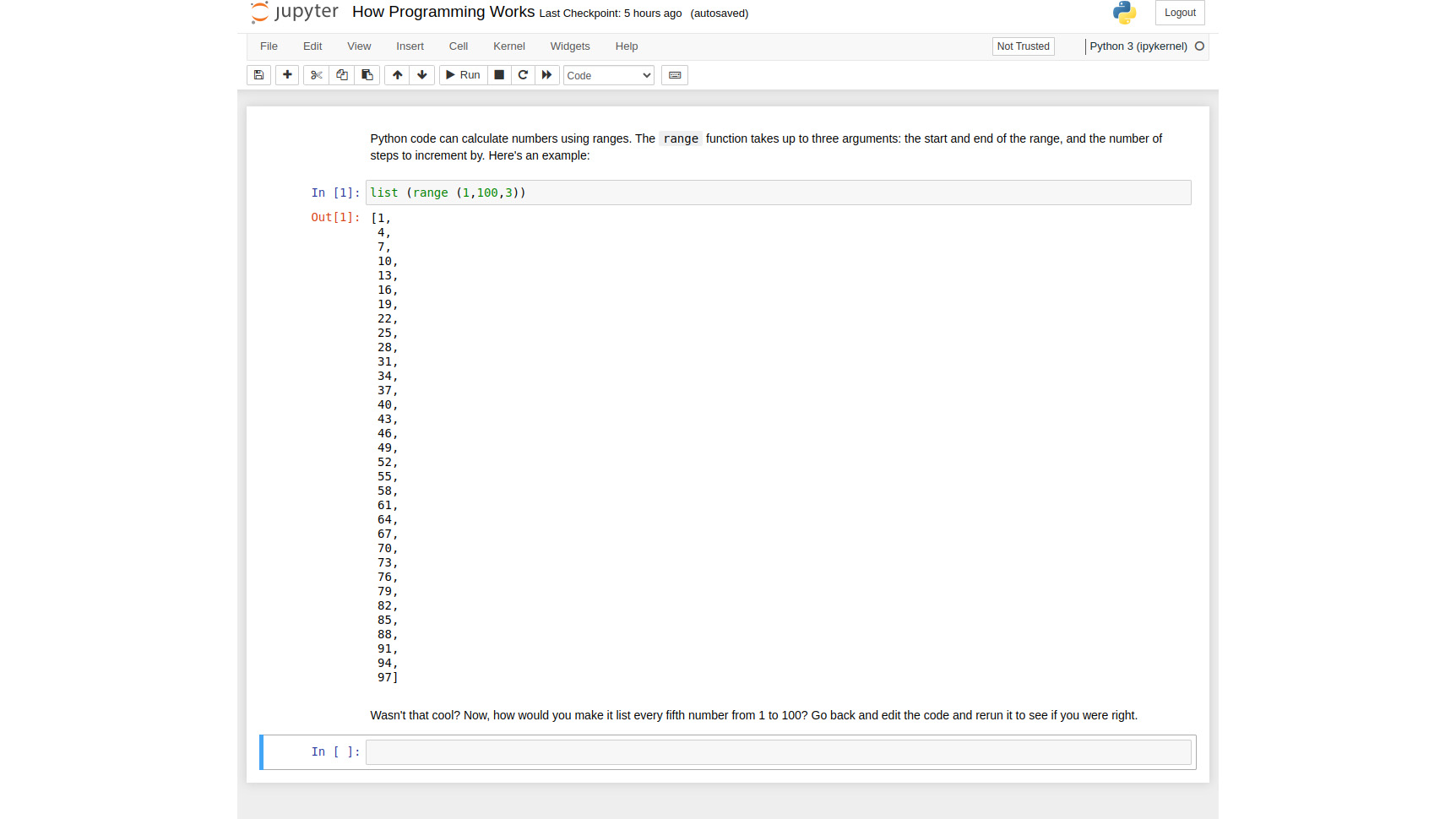Home Office glitch sees Y2K bug strike 20-years later
101-year-old man's date of birth interpreted as 2019 by Settled Status app


A glitch on the Home Office's Settled Status app reportedly identified a 101-year-old man as a one-year-old in what appears to be a consequence of a quick fix to the Millenium bug.
Centenarian Giovanni Palmiero was asked to get his parents to confirm his age when applying for settled status at an advice centre in Islington, North London, according to The Guardian.
RELATED RESOURCE

Mr Palmiero has lived London since 1966 and needed to use the Home Office's app to continue living in the UK post-Brexit, but it misinterpreted his date of birth, reading it as 2019, instead of 1919.
"I immediately noticed that something was wrong because when I scanned in his passport, it imported his biometric data not as 1919 but as 2019. It then skipped the face recognition section which is what it does with under-12s," Dimitri Scarlato, an activist with the campaign group The 3 Million told The Guardian.
IT Pro has approached the Home Office for comment, but did not receive a reply at the time of writing.
However, this another example of the Millenium bug, affecting computer systems 20-years later. Thanks to the efforts of many developers, Y2K was mostly avoided long before the year 2000. In the 60s, software engineers and developers only had a limited amount of memory to work with and decided to get around this by only using the two-digit entries for dates.
The problem that they didn't predict was that most of these codes and systems would still be used 40 and 50 years later. So at the turn of the century, the dates would revert back to 1900 and not 2000, because the systems only had the last two digits to work with.
Get the ITPro daily newsletter
Sign up today and you will receive a free copy of our Future Focus 2025 report - the leading guidance on AI, cybersecurity and other IT challenges as per 700+ senior executives
Not all codes could be fully rewritten, often for financial reasons, so some numbers were simply flipped using a method called 'date windowing'. This was essentially a fix to push the problem forward 20 years and it's reported that 80% of fixes in 1999 used this method.
As a result, a fresh wave of Y2K based glitches has cropped up over the first two months of 2020, such as parking meters in New York City refusing to accept credit cards and the WWE 2K20 video game which was rendered unplayable due to the glitch.
Bobby Hellard is ITPro's Reviews Editor and has worked on CloudPro and ChannelPro since 2018. In his time at ITPro, Bobby has covered stories for all the major technology companies, such as Apple, Microsoft, Amazon and Facebook, and regularly attends industry-leading events such as AWS Re:Invent and Google Cloud Next.
Bobby mainly covers hardware reviews, but you will also recognize him as the face of many of our video reviews of laptops and smartphones.
-
 Should AI PCs be part of your next hardware refresh?
Should AI PCs be part of your next hardware refresh?AI PCs are fast becoming a business staple and a surefire way to future-proof your business
By Bobby Hellard Published
-
 Westcon-Comstor and Vectra AI launch brace of new channel initiatives
Westcon-Comstor and Vectra AI launch brace of new channel initiativesNews Westcon-Comstor and Vectra AI have announced the launch of two new channel growth initiatives focused on the managed security service provider (MSSP) space and AWS Marketplace.
By Daniel Todd Published
-
 AWS expands language support for Amazon Q Developer
AWS expands language support for Amazon Q DeveloperNews AWS has expanded support for languages in Amazon Q Developer, making it easier for developers to code in their first language.
By Nicole Kobie Published
-
 AI was a harbinger of doom for low-code solutions, but peaceful coexistence is possible – developers still love the time savings and simplicity despite the allure of popular AI coding tools
AI was a harbinger of doom for low-code solutions, but peaceful coexistence is possible – developers still love the time savings and simplicity despite the allure of popular AI coding toolsNews The impact of AI coding tools on the low-code market hasn't been quite as disastrous as predicted
By Ross Kelly Published
-
 ‘We’re trading deep understanding for quick fixes’: Junior software developers lack coding skills because of an overreliance on AI tools – and it could spell trouble for the future of development
‘We’re trading deep understanding for quick fixes’: Junior software developers lack coding skills because of an overreliance on AI tools – and it could spell trouble for the future of developmentNews Junior software developers may lack coding skills because of an overreliance on AI tools, industry experts suggest.
By George Fitzmaurice Published
-
 GitHub's new 'Agent Mode' feature lets AI take the reins for developers
GitHub's new 'Agent Mode' feature lets AI take the reins for developersNews GitHub has unveiled the launch of 'Agent Mode' - a new agentic AI feature aimed at automating developer activities.
By Ross Kelly Published
-
 Shadow AI is creeping its way into software development – more than half of developers admit to using unauthorized AI tools at work, and it’s putting companies at risk
Shadow AI is creeping its way into software development – more than half of developers admit to using unauthorized AI tools at work, and it’s putting companies at riskNews Enterprises need to create smart AI usage policies that balance the benefits and risks
By Solomon Klappholz Published
-
 Python just brushed past JavaScript to become the most popular programming language on GitHub – and a key factor is that AI developers love it
Python just brushed past JavaScript to become the most popular programming language on GitHub – and a key factor is that AI developers love itNews The meteoric rise of Python shows no sign of stopping
By Nicole Kobie Published
-
 JupyterLab review: A powerful tool for documenting your data science journey
JupyterLab review: A powerful tool for documenting your data science journeyReviews Literate programming toolkit takes dynamic code documents to new heights
By Danny Bradbury Published
-
 GitHub debuts Copilot tool making it easier to give credit to developers
GitHub debuts Copilot tool making it easier to give credit to developersNews Developers to be shown repository and license information for AI-suggested code matches
By Richard Speed Published